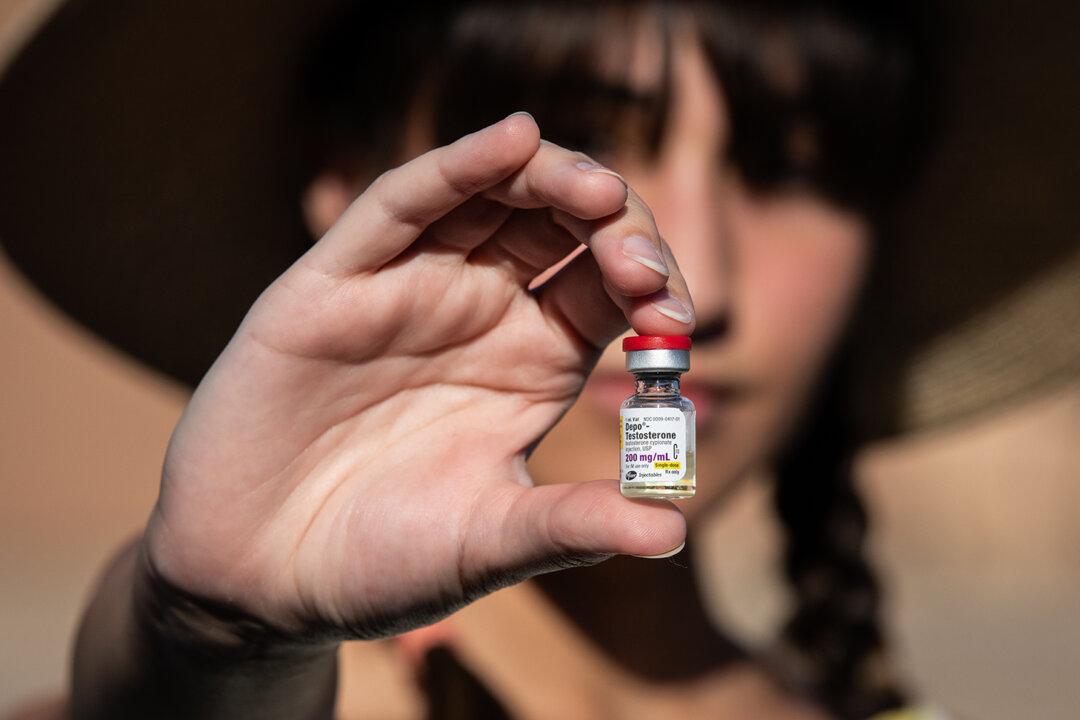A federal judge in Atlanta has put a temporary freeze on the application of a Georgia law that prohibits the use of cross-sex hormones to treat minors who identify as transgender.
U.S. District Court Judge Sarah Geraghty granted a preliminary injunction on Aug. 20 (pdf) in a lawsuit challenging Georgia’s ban on hormone replacement therapy for the treatment of gender dysphoria in children.





